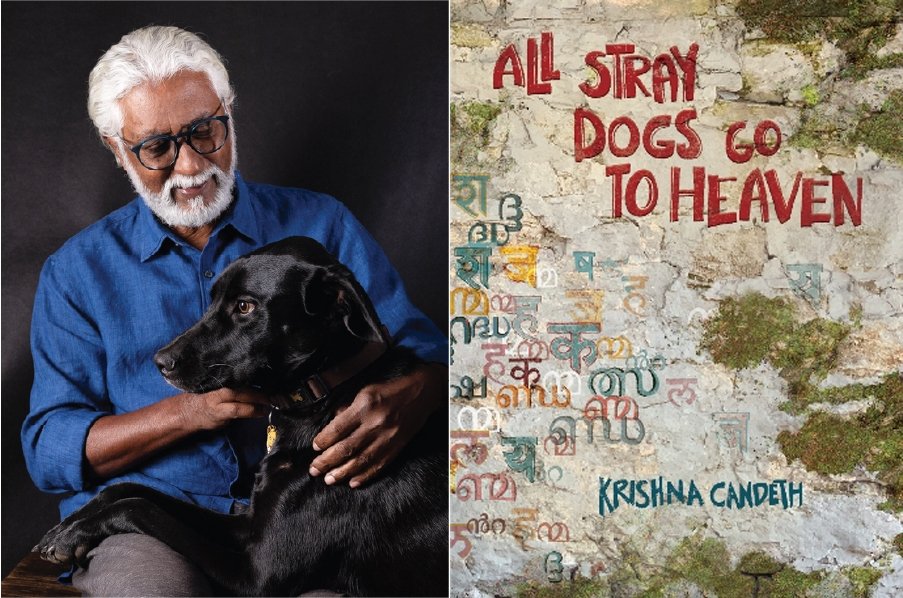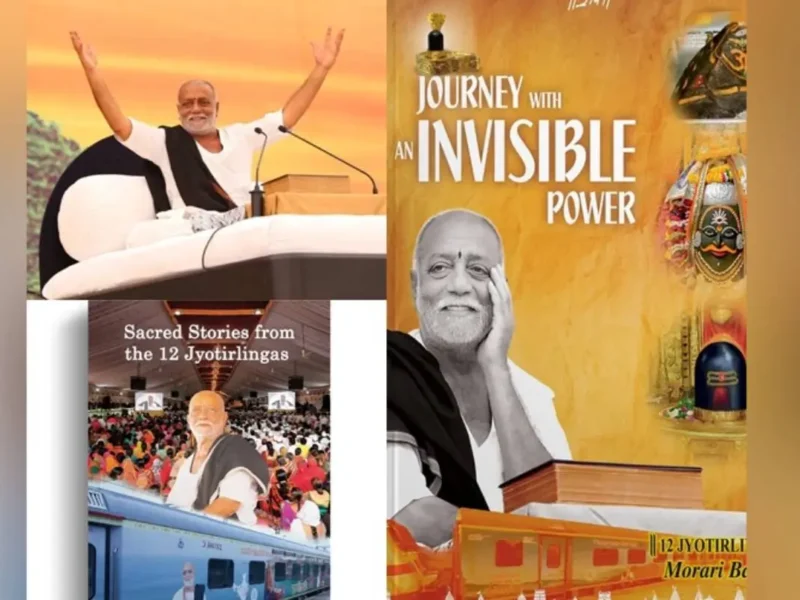
Krishna Candeth’s Debut Novel Is A Dialog With Buried Feelings
NEW DELHI, (IANS) – A book that explores the power of love, friendship, family, and the elusive idea of home, and compels us to revisit our own ideas of truth, the self and reality “All Stray Dogs Go to Heaven” by Krishna Candeth is an astounding debut novel.
Told from multiple perspectives and weaving past and present, dreams and reality, the book revolves around relatable themes and emotions. A collection of stories that happened a long time ago and will most certainly happen again,
The book comes across as a string of stories that come together as one big story.
Candeth is the nephew of Lt Gen KP Candeth, who played a key role in the liberation of Goa and later served as Deputy Chief of Army Staff.
Candeth noted that South India has a very muscular tradition of telling stories or kathas and Indian storytelling, in general, is complex and hugely entertaining; in fact, a distinctive feature of the “Kathasaritsagara”, the great compilation of stories from the eleventh century by Somadeva, is the telling of the same story twice, once in its abbreviated form and once at length!
He points out that for a text written in the eleventh century, “that is amazingly inventive, and modern, if you want to call it that.”
There are no chapters in the book, only subheadings. Candeth said: “I was vaguely conscious of the fact that this was a structure used mostly in works of non-fiction, but I went ahead with it anyway because that was how I had originally conceived the book. Also, the episodic structure allowed the story to expand, to grow sideways rather than go shooting off towards some intended conclusion. I can’t remember who it was who said that you don’t write a book as the crow flies.”
On a more mundane level, the episodic structure allows the reader to skim through the pages of the novel with a firm thumb and forefinger, stop and explore what a subheading has to offer, and then move backwards or forward as the mood dictates! “A novel in its traditional form, offers a very particular linear pleasure but there is a more ambiguous delight in absorbing the information or random observations from episodes in no particular order,” Candeth said.
As for the novel being a story about stories, he agreed, saying: “It’s about all those thoughts and feelings that are forever knocking about in the great bazaar of our heads and hearts, and the stories big and small, half or fully formed that often appear without warning. I like to think of the novel (or any writing, for that matter) as a small device that, when it works well, ignites in us a sense of wonder. We try to discover or uncover something when we write. We may not be sure what it is, but it often turns out to be some form of that same emotional truth. One hopes, of course, that the reader will come to detect it and, in the course of his or her reading, be affected by it.”
Talking about the influence of Milan Kundera on his work, he said: “In ‘The Unbearable Lightness of Being’, a book that made a huge impression on me when I first read it many years ago, Milan Kundera talks of how characters are not born like people of a woman; they are born of a situation, a sentence, a metaphor containing in a nutshell a basic human possibility that the author thinks no one else has discovered.”




